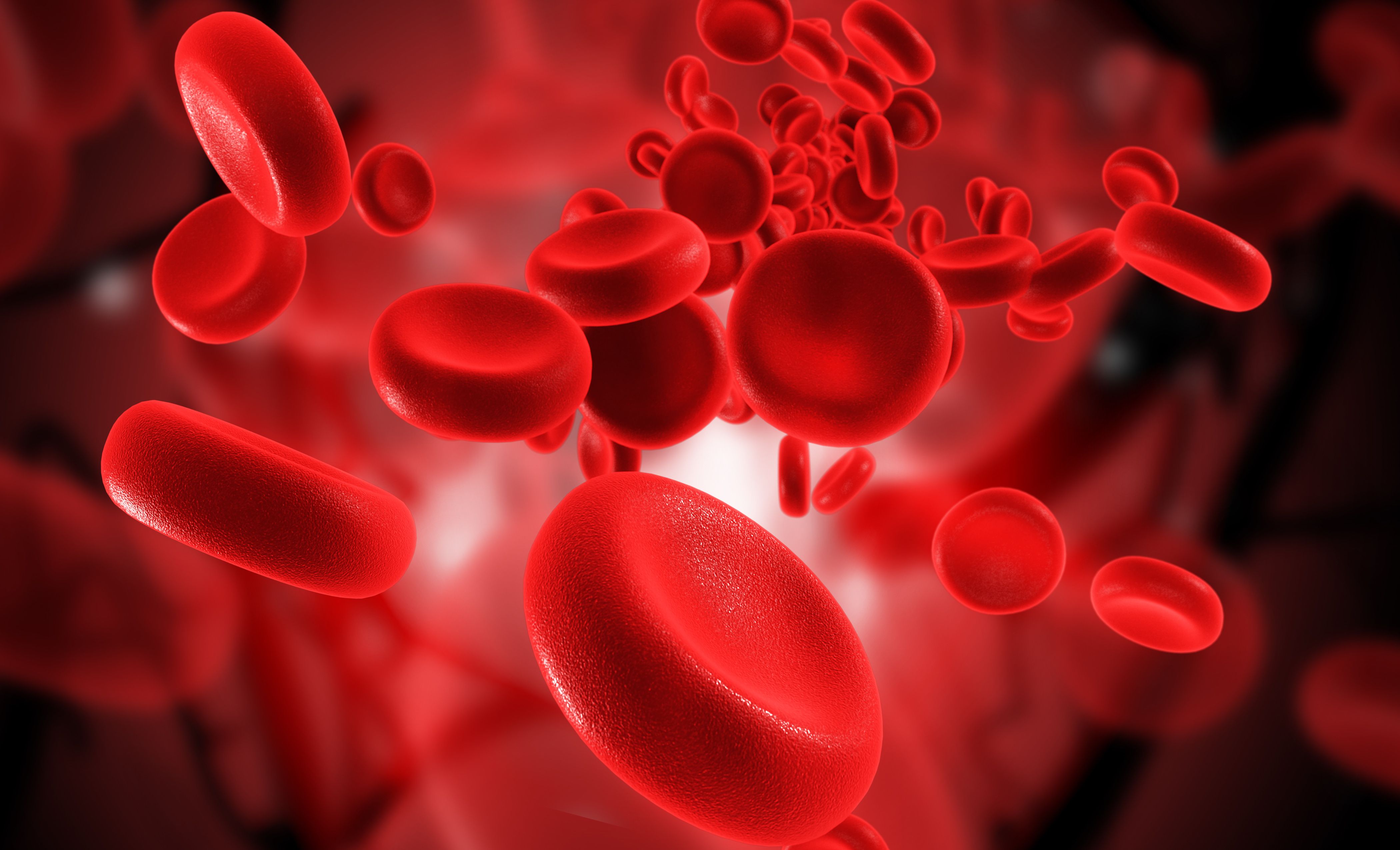- Center on Health Equity & Access
- Clinical
- Health Care Cost
- Health Care Delivery
- Insurance
- Policy
- Technology
- Value-Based Care
FDA Approves Iptacopan, Marking First Oral Monotherapy for Adults With PNH
Iptacopan, the first oral monotherapy for patients with paroxysmal nocturnal hemoglobinuria (PNH), is now an FDA-approved option for improving hemoglobin levels.
Iptacopan (Fabhalta) was granted approval by the FDA on December 5 for the treatment of paroxysmal nocturnal hemoglobinuria (PNH). Iptacopan, developed by Novartis, is the first oral monotherapy approved for the disease and is able to improve hemoglobin levels significantly without the use of transfusions.
“The US approval of Fabhalta is an extraordinary moment for people living with PNH, their loved ones, and the health care providers who care for them,” Victor Bultó, US president of Novartis, in a press release. “This new, effective oral medicine may mean that patients can reset their expectations of living with PNH, a chronic and life-altering blood disease.”
Blood cells | Image credit: abhijith3747 - stock.adobe.com

PNH is a rare blood disorder that makes red blood cells (RBCs) vulnerable to destruction earlier than normal. Bone marrow failure, thrombosis, and hemolysis are all symptoms of PNH and can differ in severity across patients. More than one-third of patients need transfusions of blood at least once each year and 88% can have persistent anemia when they are on anti-C5 treatment.
Iptacopan works as a factor B inhibitor that provides control of RBC destruction inside and outside blood vessels, and it has been tested in several clinical trials. Earlier this year, the results of the phase 3 APPOINT-PNH trial were presented at 2023 EBMT Meeting.2 The trial found that 92.2% (95% CI, 82.5%-100%) of complement inhibitor–naïve patients with PNH achieved transfusion independence after 24 weeks due to improvement in their levels of hemoglobin by at least 2 g/dL compared with baseline, which was the primary end point. A total of 62.8% (95% CI, 47.5%-77.5%) patients were able to meet the secondary end point of achieving hemoglobin levels of at least 12 g/dL without the need for transfusions and 97.6% (95% CI, 92.5%-100%) were able to achieve complete independence from transfusions of RBC at 24 weeks.
Both the APPOINT-PNH trial and the phase 3 APPLY-PNH trial results formed the basis of the FDA approval. The APPLY-PNH trial enrolled patients with residual anemia who had hemoglobin levels below 10 g/dL despite prior treatment. The trial found that 82.3% of patients who had used anti-C5 treatment in the past had sustained increases of hemoglobin levels of 2 g/dL or more from baseline when using iptacopan compared with 0% in patients who did not use iptacopan. A total of 67.7% of patients using iptacopan had sustained hemoglobin levels of at least 12 g/dL compared with 0% of those using anti-C5 treatment. A total of 95.2% of patients who switched from anti-C5 therapy were able to avoid transfusion compared with 45.7% in patients who continued to use anti-C5 therapy.
Adverse reactions with iptacopan reported in the APPLY-PNH trial included headache (19%), nasopharyngitis (16%), diarrhea (15%), abdominal pain (15%), nausea (10%), bacterial infection (11%), and viral infections (10%). The APPOINT-PNH trial had similar reported adverse reactions, including headache (28%), nasopharyngitis (15%), viral infection (18%), and rash (10%). Patients reported serious adverse reactions in a total of 4 cases across the 2 trials.
Novartis expects that the medication will be available in the United States this month. Approvals in countries around the world are still ongoing.
References
- Novartis receives FDA approval for Fabhalta® (iptacopan), offering superior hemoglobin improvement in the absence of transfusions as the first oral monotherapy for adults with PNH. News release. Novartis. December 6, 2023. Accessed December 6, 2023. https://www.novartis.com/news/media-releases/novartis-receives-fda-approval-fabhalta-iptacopan-offering-superior-hemoglobin-improvement-absence-transfusions-first-oral-monotherapy-adults-pnh
- Seymour C. Iptacopan meets primary end point of APPOINT-PNH trial in paroxysmal nocturnal hemoglobinuria. OncLive. April 26, 2023. Accessed December 6, 2023. https://www.onclive.com/view/iptacopan-meets-primary-end-point-in-appoint-pnh-trial-in-paroxysmal-nocturnal-hemoglobinuria
Knowledge Gaps Persist in Patient Understanding of Skin Cancer–Related Terms
January 13th 2026On average, patients with multiple prior dermatology visits still scored below 75% when identifying common skin cancer terms, underscoring the need for clearer patient-physician communication.
Read More
